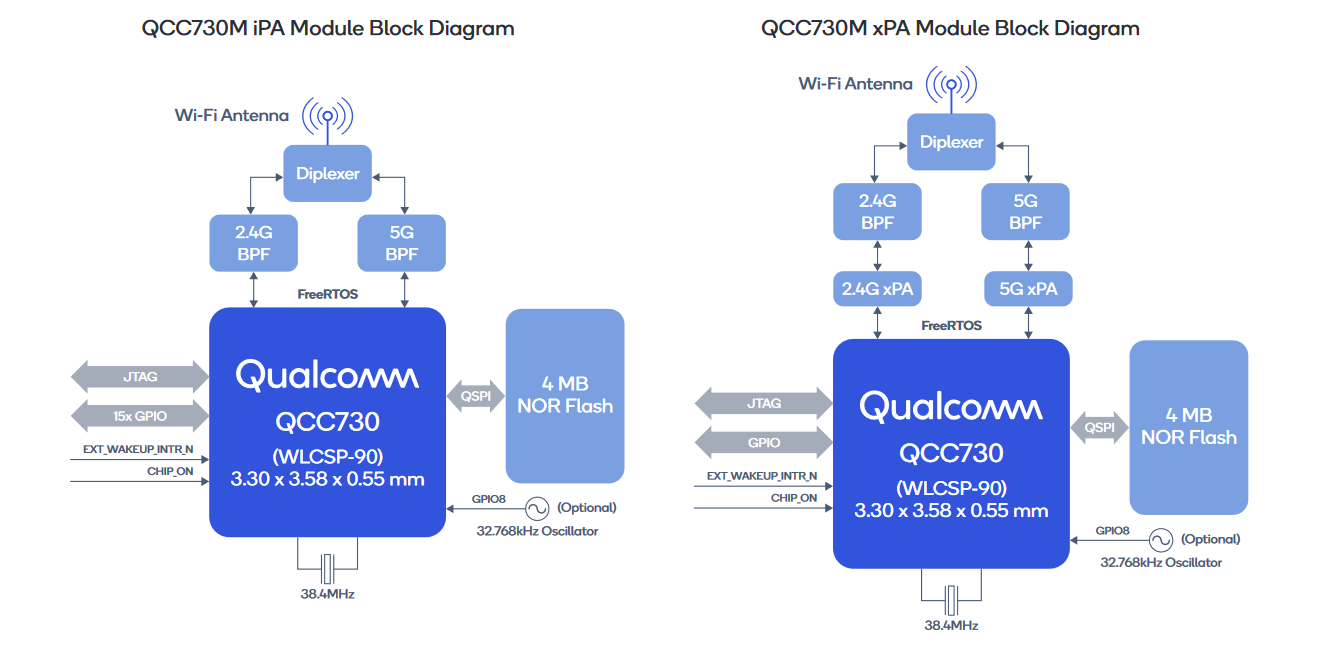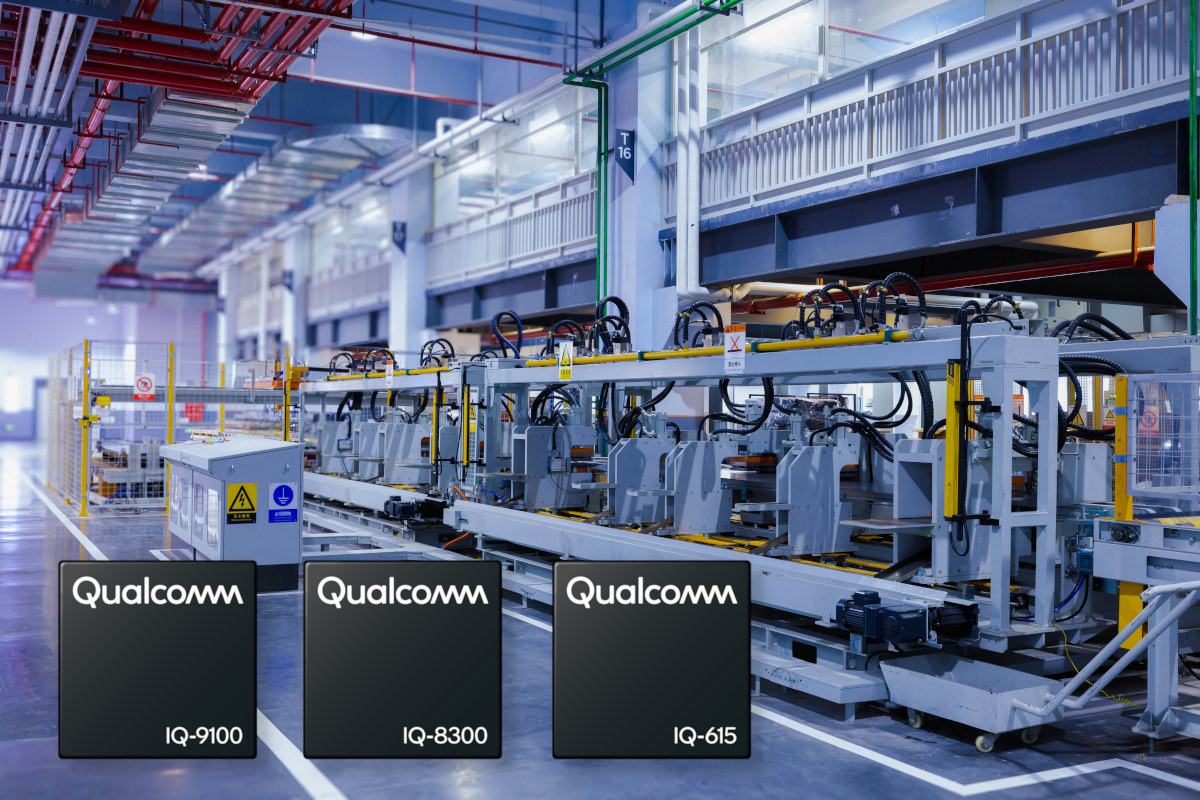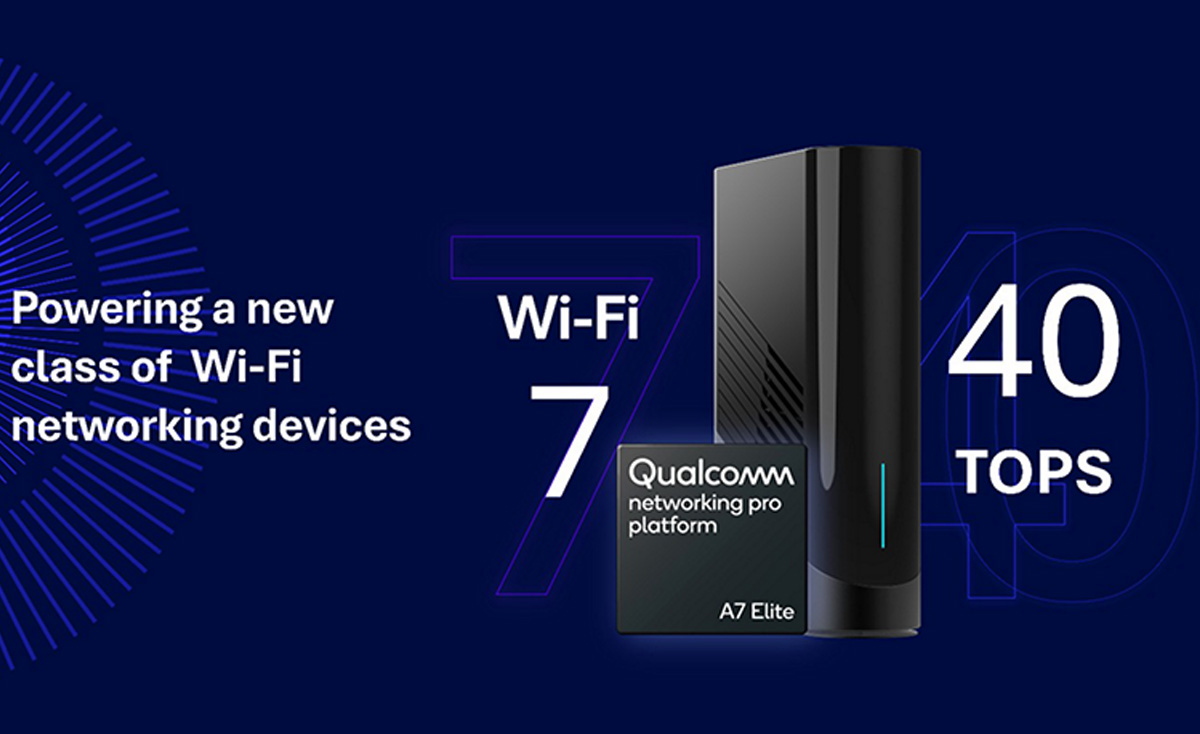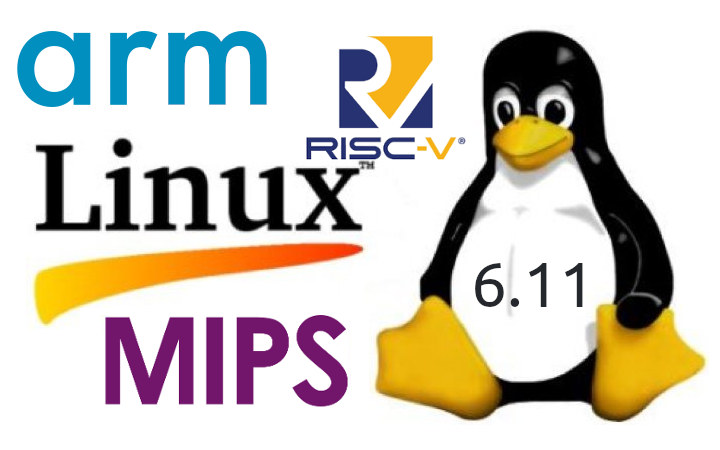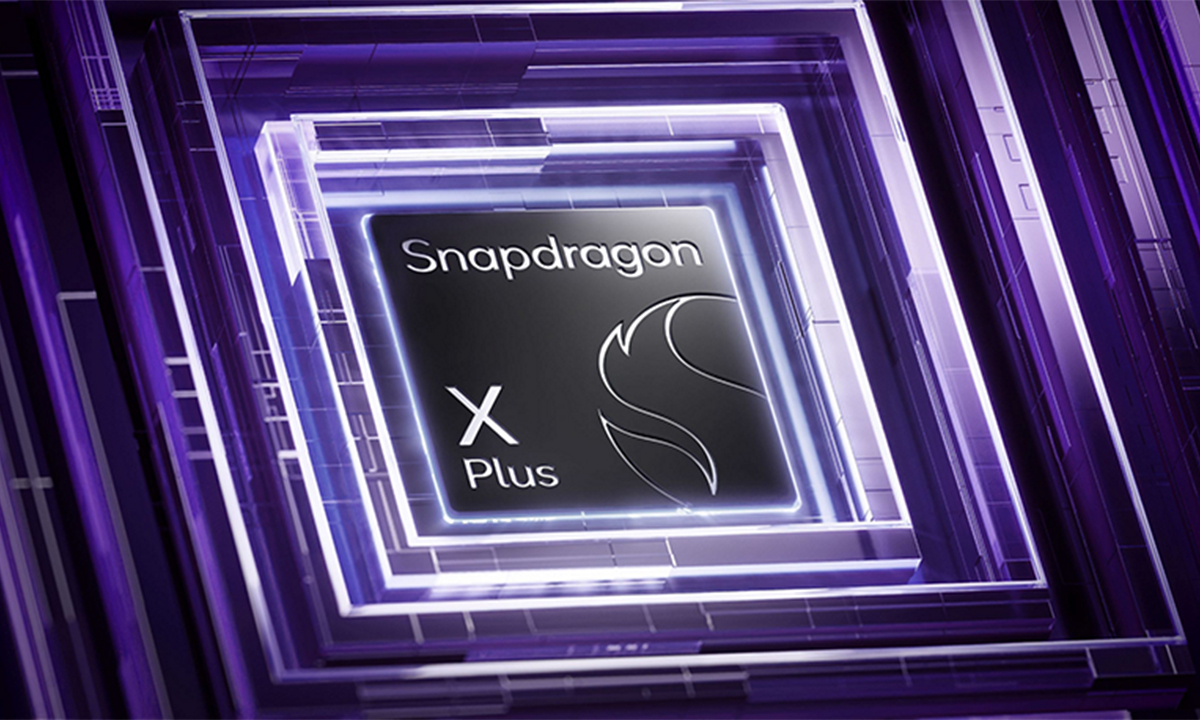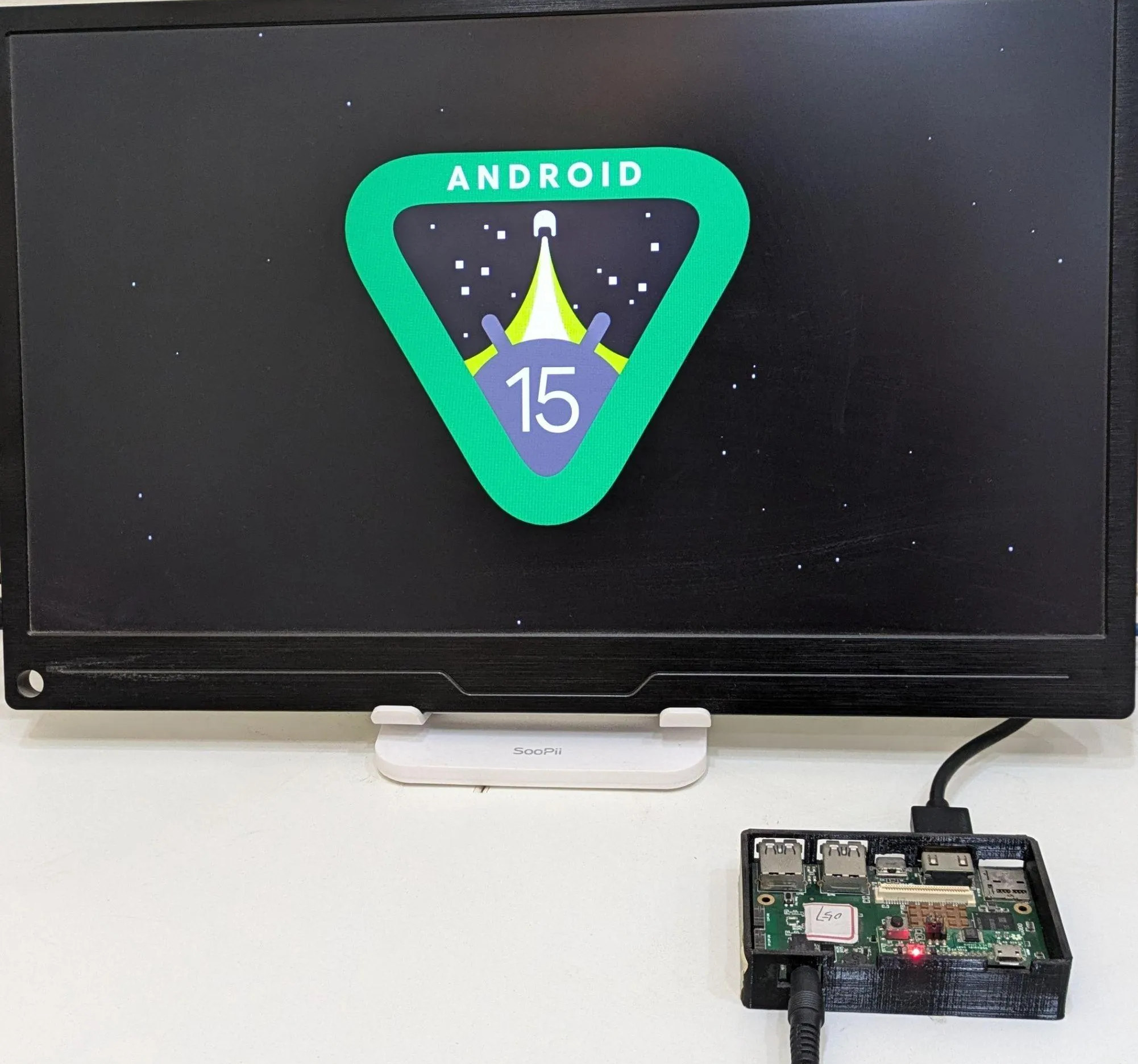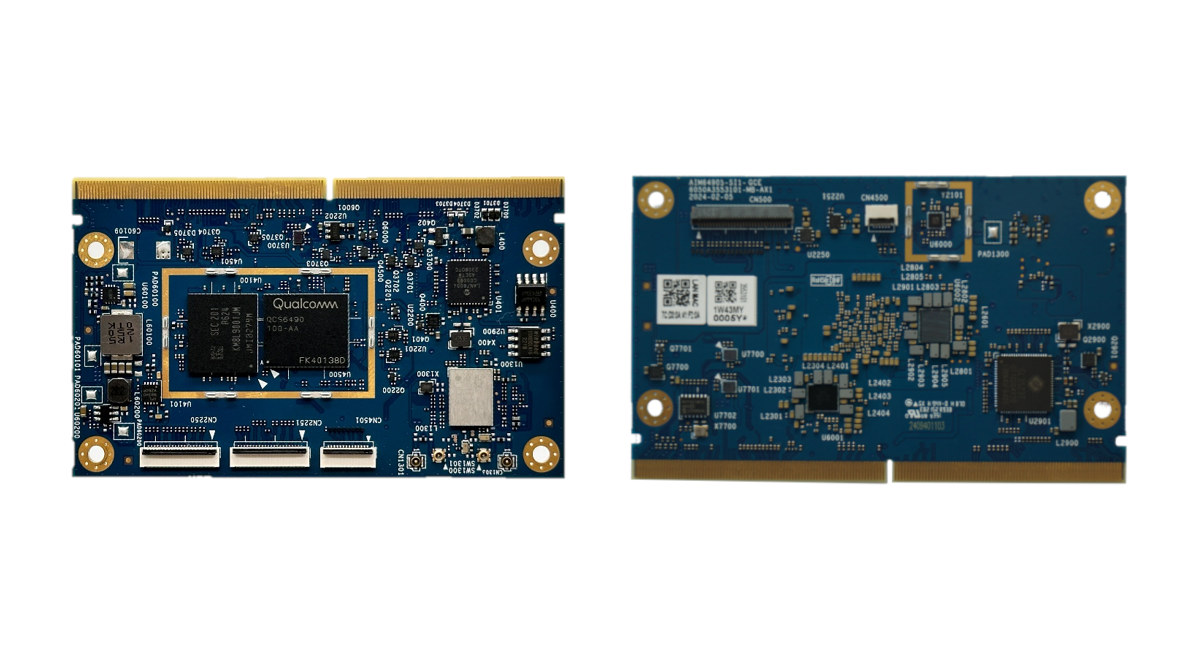The Khronos Group has just announced the release of Vulkan 1.4 cross-platform 3D graphics and compute API. The new release makes some of the optional extensions and features mandatory, adds streaming transfers, and supports 8K rendering on up to eight targets. Minimum hardware limits have also been increased including at least seven maxBoundDescriptorSets and eight maxColorAttachments. Vulkan 1.4 highlights: Streaming Transfers: new implementation requirements to ensure applications can stream large quantities of data to a device while simultaneously rendering at full performance. Previously optional extensions and features critical to emerging high-performance applications are now mandatory in Vulkan 1.4, ensuring availability across multiple platforms. These include push descriptors, dynamic rendering local reads, and scalar block layouts. Maintenance extensions up to and including VK_KHR_maintenance6 are now part of the core Vulkan 1.4 specification. 8K rendering with up to eight separate render targets is now guaranteed to be supported, along with several other […]
Qualcomm QCC730M dual-band WiFi 4 and QCC74xM WiFi 6, BLE 5.3, and 802.15.4 modules target low-power and IoT edge devices
Qualcomm has added two new IoT modules to its wireless connectivity product series: the Qualcomm QCC730M ‘micro-power’ WiFi 4 module and the QCC74xM tri-radio module, with both modules designed for smart homes, smart appliances, medical devices, and industrial applications. The Qualcomm QCC730M is a dual-band, micro-power Wi-Fi 4 module with a 60MHz Arm Cortex-M4F MCU, 640kB SRAM, 1.5MB RRAM, hardware crypto accelerator, and secure boot, debug, and storage. Its low-power design is ideal for portable, battery-powered IoT devices like IP cameras, sensors, and smart locks. Based on the Qualcomm QCC730 module, it features a 36-pin LGA package with a PCB antenna or RF connector and supports up to 4MB of optional NOR flash. The Qualcomm QCC74xM is Qualcomm’s “first programmable connectivity module,” integrating a 32-bit RISC-V module, optional stacked memory (PSRAM and NOR flash), and a tri-radio chipset for WiFi 6, Bluetooth 5.3, and IEEE 802.15.4 (Thread and Zigbee). Its […]
Qualcomm introduces IQ9, IQ8, and IQ6 industrial IoT SoC families with up to 100 TOPS of AI performance
Qualcomm Technologies has introduced the new industrial-grade IQ chipset family with the IQ9, IQ8, and IQ6 series offering on-device AI performance of up to 100 TOPS, industrial temperature range, and built-in safety features such as SIL-3 (safety and integrity level). Qualcomm IQ series of chipsets target a range of premium (IQ9), mid-tier (IQ8), and entry-level (IQ6) applications such as industrial and agricultural robots, drones, industrial inspection and automation, edge AI boxes with computer vision capabilities, edge gateway analytics solutions, and more. Qualcomm IQ9 Series – IQ-9100, IQ-9075 Key features and specifications: CPU IQ-9075 – Octa-core Kryo Gen 6 scaling from 1.632 to 2.55 GHz IQ-9100 – Octa-core Kryo Gold Prime @ 2.36 GHz (CNXSoft: The specs are not clear for the CPU part…, both SKUs could be the same for the CPU part) GPU – Adreno 663 GPU Audio DSP (LPASS) 1980 MPPS, 7x TDM/I2S 3x High-Speed I2S for Radio […]
Qualcomm Networking Pro A7 Elite is a WiFi 7 SoC with a 40 TOPS NPU for AI-optimized traffic and range
The Qualcomm Networking Pro A7 Elite platform is a new wireless networking platform that integrates WiFi 7 with edge AI. The wireless networking platform can deliver up to 33 Gbps of throughput and features an AI coprocessor that provides up to 40 TOPS for AI workloads. AI features are designed to enhance Wi-Fi and networking user experience and include Smart Traffic Classifier, Range Boost, and Networking AIOps. The platform also includes 10Gbps Fiber (XGS-PON), Ethernet, front-end modules, and filters into an integrated platform. All these features are designed to streamline system development and reduce design complexity by integrating key elements—from broadband to antenna—into an integrated platform. Qualcomm Networking Pro A7 Elite platform specification Qualcomm’s Wireless Networking Platform CPU – Unnamed quad-core processor, built on a 14 nm node, and clocked at 1.8 GHz NPU – Up to 40 TOPS (AI coprocessor featuring Qualcomm Hexagon NPU) System Memory – DDR3L/DDR4 Storage […]
Linux 6.11 Release – Notable changes, Arm, RISC-V and MIPS architectures
Linux 6.11 is out with Linus Torvalds’ announcement on the Linux kernel mailing list (LKML): I’m once again on the road and not in my normal timezone, but it’s Sunday afternoon here in Vienna, and 6.11 is out. The last week was actually pretty quiet and calm, which is nice to see. The shortlog is below for anybody who wants to look at the details, but it really isn’t very many patches, and the patches are all pretty small. Nothing in particular stands out – the biggest patch in here is for Hyper-V Confidential Computing documentation. Anyway, with this, the merge window will obviously open tomorrow, and I already have 40+ pull requests pending. That said, exactly _because_ I’m on the road, it will probably be a fairly slow start to the merge window, since not only am I on my laptop, there’s OSS Europe starting tomorrow and then the […]
Qualcomm Snapdragon X Plus 8-core – A 4 GHz octa-core processor for entry-level Copilot+ PCs and laptops
Qualcomm’s Snapdragon X line of ARM-based processors is designed for Windows laptops, offering CPUs capable of competing with Intel and AMD processors. The Snapdragon X Plus (10 core) and Snapdragon X Elite, announced last year, include high-performance NPUs for AI processing. Qualcomm has now introduced the entry-level Snapdragon X Plus 8-core processor, targeting the $700 to $900 laptop market instead of the ~$1,300+ asked for something like the Microsoft Surface Laptop 15. It reduces CPU and graphics performance while maintaining the same AI features as the higher-end models. The Qualcomm Snapdragon X Plus lineup includes two octa-core processors: the X1P-46-100 and X1P-42-100, both built on a 4nm process. These processors come with eight Oryon CPU cores, clocked at 4GHz and 3.4GHz respectively, and are equipped with the Qualcomm Hexagon NPU, delivering 45 TOPS for AI tasks like Copilot+ PC. They also integrate Qualcomm Adreno GPUs offering 2.1 TFLOPS for the […]
Android 15 runs on Linaro development boards based on Qualcomm and HiSilicon chips
Android 15 source code was just pushed to AOSP last week, and Linaro has already ported it to four reference development boards based on Qualcomm and HiSilicon/Huawei chips namely Snapdragon 8 Gen 2 devboard (SM8550-HDK), Qualcomm Robotics Board RB5, Qualcomm Dragonboard 845c (DB845c, aka RB3) and HiSilicon Hikey960. Recent Google Pixel phones can already get Android 15 beta, but that makes the aforementioned development boards some of the first hardware platforms running Android 15 which could be useful to app developers and people wanting to customize Android 15 OS for their target product(s). Android 15 worked on the same day as the release to AOSP thanks to a collaboration between Linaro and Google to make sure reference boards get support as soon as possible, and in this case, we had a “0-day boot” as Linaro puts it. This collaboration started in 2022 with Qualcomm Robotics RB3 and RB5 platforms getting […]
SagireEdge AI 600 SMARC SoM and devkit feature Qualcomm QCS6490 AIoT processor for Edge AI applications
Sagire AI’s SagireEdge AI 600 is a SMARC-compliant system-on-module (SoM) and a development kit based on Qualcomm QCS6490 octa-core Cortex-A78/A55 IoT processor and designed for Edge AI applications. The module comes with 8GB LPDDR5 and 128GB UFS storage, a WiFi 6E and Bluetooth 5.5 wireless module, a CAN Bus controller, and on-module camera and audio input connectors. Its MXM 3.0 edge connector exposes additional camera interfaces, a MIPI DSI display interface, PCIe Gen3 x2, gigabit Ethernet, a few USB interfaces, and a range of low-speed I/Os. SagireEdge AI 600 SoM specifications: SoC – Qualcomm QCS6490 CPU – Octa-core Kryo 670 with 1x Gold Plus core (Cortex-A78) @ 2.7 GHz, 3x Gold cores (Cortex-A78) @ 2.4 GHz, 4x Silver cores (Cortex-A55) @ up to 1.9 GHz GPU – Adreno 643L GPU @ 812 MHz with support for Open GL ES 3.2, Open CL 2.0, Vulkan 1.x, DX FL 12 DSP – […]



